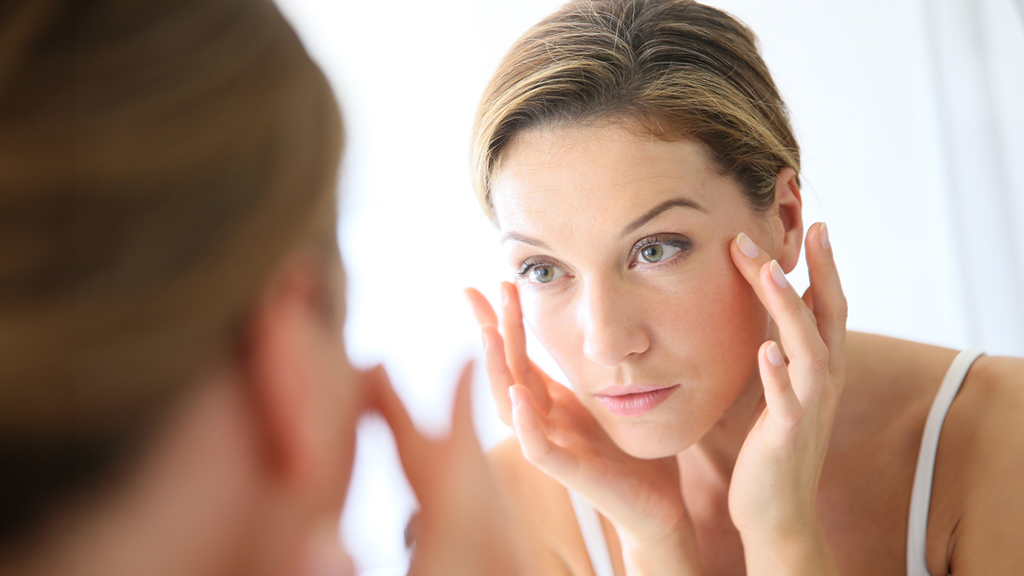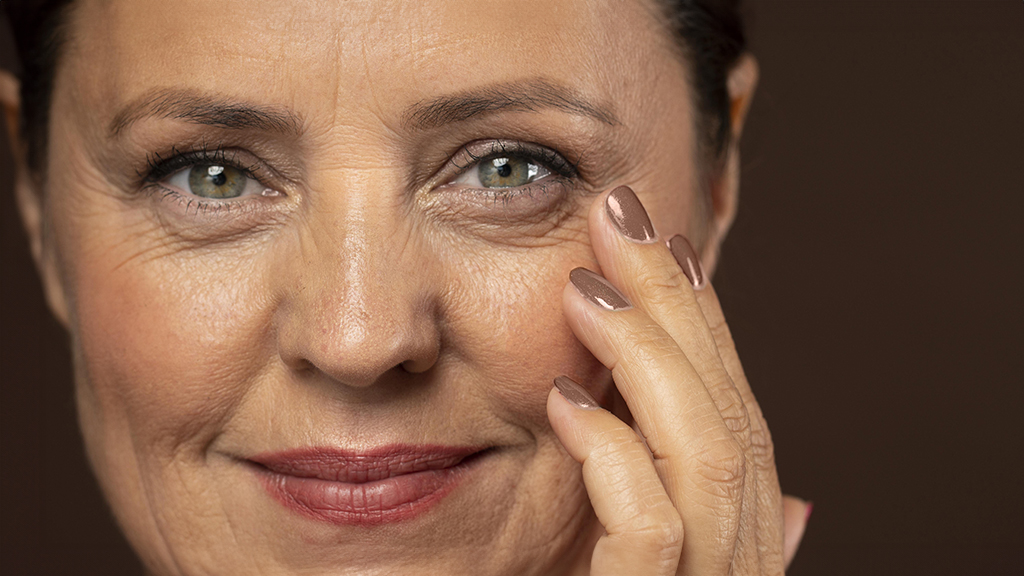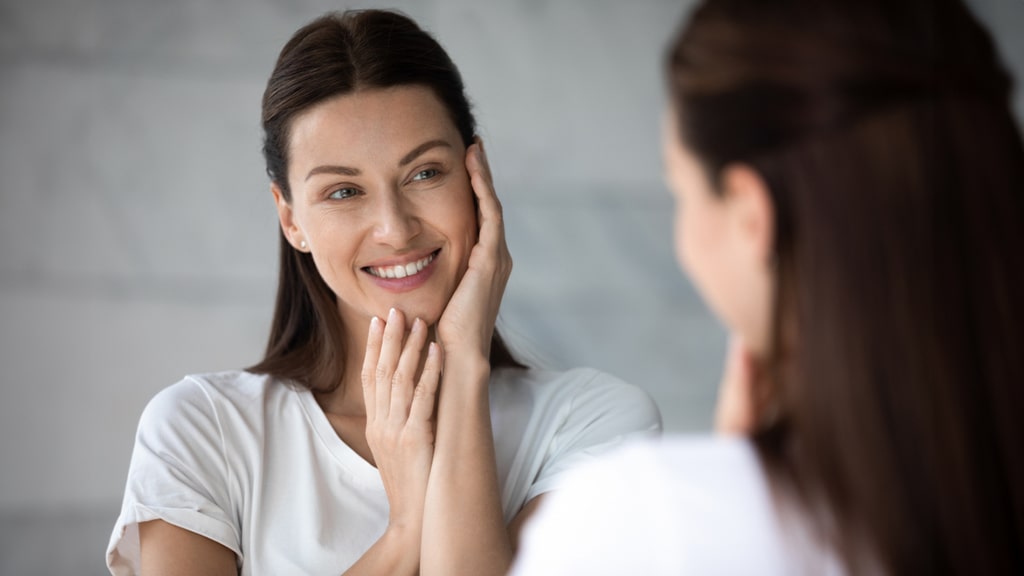Ear Correction / Reshaping Surgery (Otoplasty)
Few surgical procedures are as satisfying to patients as ear reshaping surgery, known as otoplasty. Around the age of five or six, children regularly become aware of their prominent ears and are frequently teased at school by their peers. Otoplasty is almost always successful in correcting this deformity and has a positive psychological impact not only on children but also on their parents!
Ear correction and reshaping, also known as pinnaplasty, otoplasty or simply ear pinning surgery, involves adjusting the shape of the cartilage of the ear, allowing folds to be created that enable the ear to lie close to the side of the head.
Having protruding ears will rarely affect a person’s hearing but will frequently cause embarrassment and psychological distress. Ears are one of the first parts of the body to develop to full adult size, so if they protrude they can be particularly noticeable in children and this regularly leads to teasing or bullying.
Adults with protruding ears can also have practical problems. For example, they may find it difficult to wear certain forms of head attire such as a motorcycle helmet. Women with protruding ears may also feel uncomfortable or embarrassed about wearing their hair up.
Protruding ears can be a hereditary family trait, but this is not always the case. The normal outer ear will project from the side of the head at an angle of about 20 to 35 degrees. However in a small number of people this angle is more than 35 degrees, resulting in the appearance of overt protrusion. It can occur if there is too much cartilage, or if the ridge of cartilage at the top of the ear does not fold properly as it develops. It can also result from an injury. Whilst prominent ears usually occur on both sides, occasionally the problem may affect only one ear.
There is a family of rare congenital ear deformities where the rim of the ear is flattened and the upper portions deformed. In such Stahl Ear Deformity, the skin and cartilage are folded to different degrees that can result in a pointed upper edge. Because of the resemblance to the ears of the character in the popular television series, this condition is sometimes also known colloquially as Spock Ear, Vulcan Ear or simply Pointed Ear. It can appear in many degrees from mild to severe, but is more frequently found in those of Oriental origin than in Caucasians.
Otoplasty Surgery for infants/children
If the problem is identified shortly after birth, then the condition can be treated conservatively, simply by applying an appropriate splint. However, only a few months later, the cartilage of the ear will have become considerably stiffer and the splint may need to be in place for many months, even then not always guaranteeing success. Typically, after the age of six months, the only viable option is surgical correction.
By the age of about five or six years, the outer ear, known medically as the pinna, has attained around 85% of its adult height and most surgeons recommend waiting until this time to correct prominent ears. However many parents are keen to have the ear correction carried out as early as possible, fearing that their child will be stigmatised at school. Nevertheless it is generally more prudent to wait until the child actually mentions the problem, at which time the effects of ear reshaping surgery on a child’s self-image are generally immediate and significant.
What to consider at this stage
- Most Surgeons recommend waiting until at least the age of 5 to correct prominent ears.
- Many parents are keen to have the ear correction carried out as early as possible, fearing that their child will be stigmatized at school. However, it is generally more prudent to wait until the child actually mentions the problem.
The procedure for Otoplasty surgery
- In adults, otoplasty surgery is typically performed under either local anaesthetic alone, or local anaesthetic with sedation.
- In the case of children, a general anaesthetic is usually administered.
- An incision is made behind the ear, in the groove between the ear and the side of the head. This leaves a scar that is well-concealed.
- If the ear lobe is also large, then it is possible to reduce its size during the same operation.
- Otoplasty surgery takes about 45 minutes.
- Many patients return home the same day. Some patients may stay in hospital overnight.
- For those engaged in non-physical work, expect returning to work within 1 week.
- Expect returning to normal physical exercise within 2 to 4 weeks.
Following the operation
As is the case with all surgery, after otoplasty ear correction surgery you must expect to feel somewhat bruised and sore. Simple paracetamol is usually all that is required.
Most patients experience tender ears for several weeks following surgery. A small dressing is usually worn for about 5 days, at which time sutures are removed as necessary.
Once the dressing has been removed, it is wise to wear a protective head-band or bandage when sleeping so as to avoid the ears being bent forward against the pillow. This is usually worn for 2 to 3 weeks.
At Elite Plastic & Cosmetic Surgery Group, we will provide you with detailed post-surgery instructions to expedite your recovery. Should you develop any doubts or concerns following your treatment, however, they would encourage you to contact us straight away.
Risks & Complications
Cosmetic surgery is amongst the safest of medical procedures. However, patients must understand and accept that no surgical procedure is totally without risk.
For information concerning the risks and complications associated with Ear Correction, please refer to Risks and Complications of Otoplasty.
At Consultation, your surgeon will discuss these risks with you.
How long will the results of your otoplasty surgery last?
For the large majority of patients, the result of otoplasty surgery is permanent. There are however a small group of patients who may require a minor adjustment to their surgery.
For details about procedures and treatments or for a consultation, advice and prices from our Dubai clinic please call +971 4 431 2396 or use our online form.



